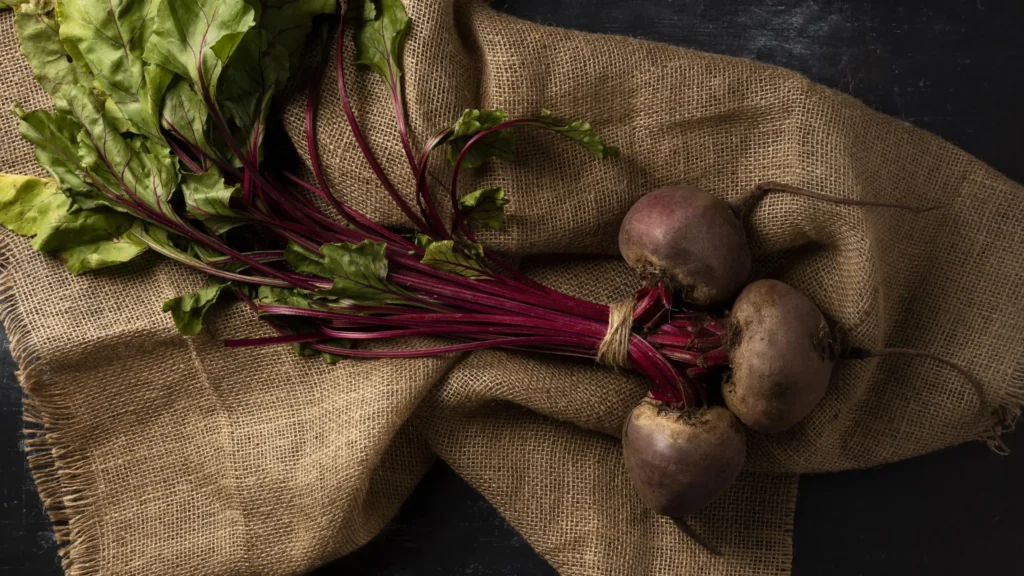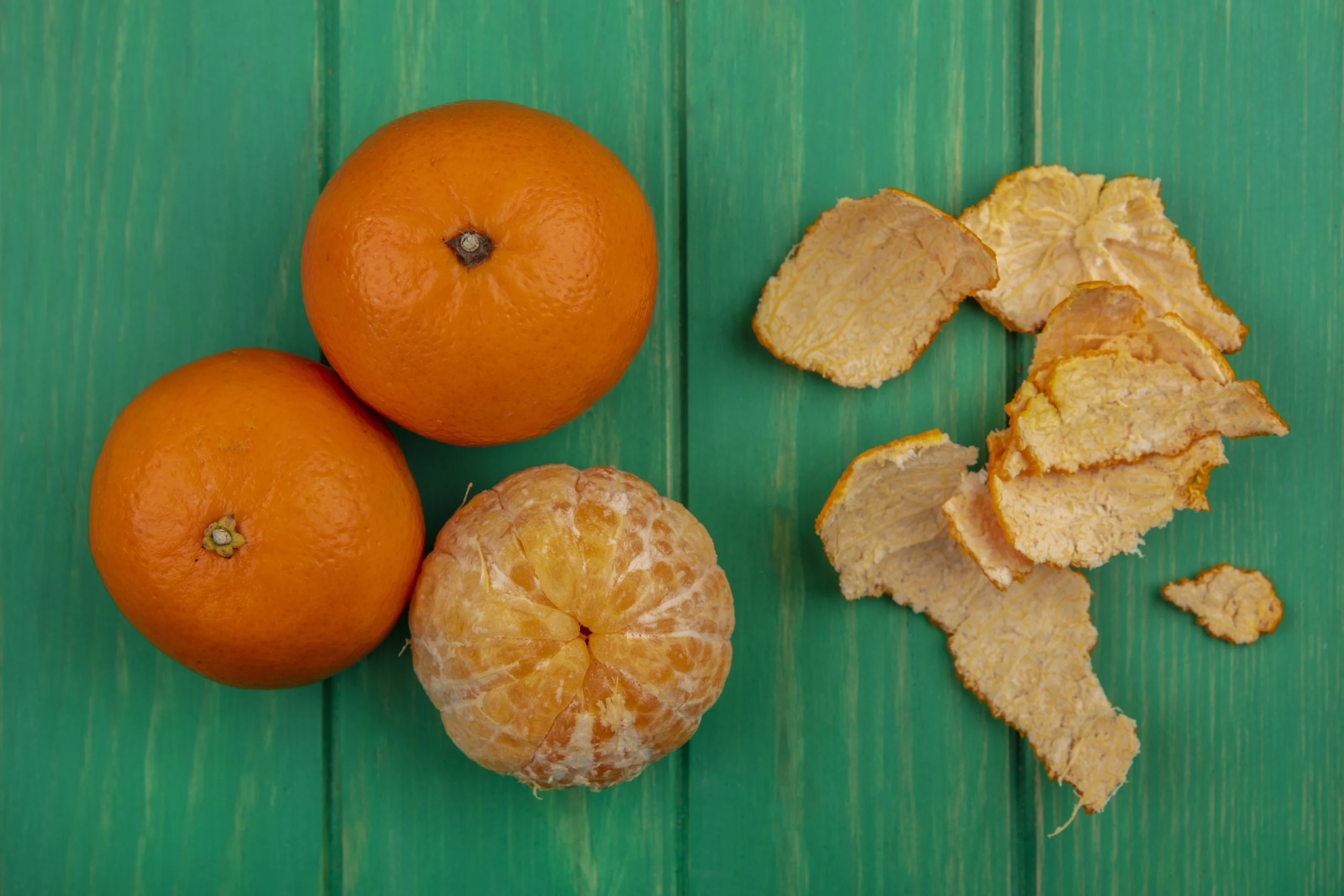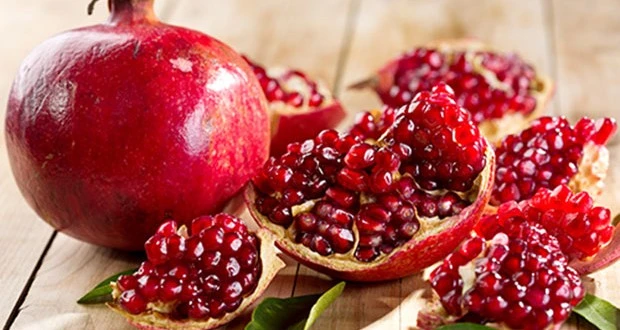Beetroot: The Underestimated Superfood for Your Heart and Brain — 4 Powerful Health Benefits

Beetroot is often overlooked in many diets, yet it is a powerhouse of nutrients that can significantly boost your health. From supporting cardiovascular function to enhancing brain performance, this vibrant root vegetable packs a punch that few foods can match. In this article, we’ll explore four scientifically backed benefits of beetroot that prove why it deserves a top spot on your plate.
What Makes Beetroot So Special?
First, it’s important to understand what sets beetroot apart from other vegetables. Rich in vitamins, minerals, and antioxidants, beetroot contains compounds that help reduce inflammation, improve blood flow, and protect cells from damage. Among these compounds, nitrates and betalains stand out as key contributors to its health benefits.
Nitrates, naturally present in beetroot, convert into nitric oxide in the body—a molecule that relaxes and dilates blood vessels, thereby improving circulation. Betalains, responsible for beetroot’s deep red color, are potent antioxidants that fight oxidative stress and inflammation.
These unique properties make beetroot not only delicious but also a functional food capable of supporting overall wellness.
Moreover, beetroot is a rich source of essential nutrients such as folate, vitamin C, potassium, and manganese, which play vital roles in maintaining cellular function, immune health, and electrolyte balance.
1. Boosts Heart Health by Improving Blood Flow
One of beetroot’s most remarkable benefits is its ability to enhance cardiovascular health. Thanks to the nitrates in beetroot, your blood vessels can dilate more efficiently, reducing blood pressure and improving blood flow throughout the body.
Studies have shown that regular consumption of beetroot juice or beetroot-rich meals can lower systolic and diastolic blood pressure levels. This effect is particularly beneficial for people with hypertension or those at risk of heart disease.
A notable clinical trial published in the Hypertension journal found that participants who drank beetroot juice daily experienced a significant reduction in blood pressure after just a few weeks. This highlights beetroot as a natural and effective way to support heart health without medication.
Furthermore, better blood circulation means the heart doesn’t need to work as hard to pump blood, lowering the strain on this vital organ. Over time, this can reduce the risk of heart attacks, strokes, and other cardiovascular complications.
Additionally, beetroot’s antioxidant content helps prevent the oxidation of LDL cholesterol — a process that contributes to artery clogging and plaque buildup. This protective effect further supports long-term cardiovascular health.
2. Enhances Brain Function and Cognitive Performance
Beyond the heart, beetroot also plays a key role in supporting brain health. The increased blood flow stimulated by beetroot consumption doesn’t just benefit muscles and organs but also significantly improves oxygen delivery to the brain.
Improved oxygenation enhances cognitive functions such as memory, focus, and mental clarity. This is especially important as we age, since diminished blood flow to the brain can contribute to cognitive decline and neurodegenerative diseases.
Some research even suggests that beetroot intake may improve reaction times and decision-making abilities during mental tasks, making it an excellent dietary choice for students, professionals, and seniors alike.
A study published in the Nitric Oxide journal demonstrated that older adults who consumed beetroot juice daily showed improved blood flow to the frontal cortex — a brain area associated with executive function and decision making. This suggests that beetroot could be an ally in preserving mental sharpness with age.
Moreover, the anti-inflammatory and antioxidant effects of beetroot help protect brain cells from damage caused by oxidative stress, which is linked to conditions like Alzheimer’s and Parkinson’s disease.
3. Reduces Inflammation and Oxidative Stress
Chronic inflammation and oxidative stress are underlying factors in many diseases, including heart disease, diabetes, and cancer. Beetroot’s antioxidant-rich betalains are effective at combating these harmful processes.
By neutralizing free radicals, betalains protect cells from damage and reduce markers of inflammation throughout the body. This anti-inflammatory action not only supports cardiovascular and brain health but also promotes overall wellness and longevity.
Additionally, the natural pigments in beetroot help detoxify the liver and support its function, further contributing to the body’s ability to manage toxins and maintain balance.
Chronic inflammation can be subtle yet damaging over time, contributing to joint pain, skin aging, and even mood disorders. Including beetroot in your diet may help counteract these effects naturally.
Researchers have found that betalains in beetroot have comparable anti-inflammatory effects to some pharmaceuticals but without adverse side effects, making beetroot an attractive natural option.
4. Supports Physical Performance and Recovery
Athletes and fitness enthusiasts have increasingly embraced beetroot as a natural performance enhancer. The nitrates in beetroot improve muscle oxygenation and efficiency, which can lead to better endurance and reduced fatigue.
Several studies indicate that consuming beetroot juice before exercise can boost stamina, allowing individuals to train harder and longer. This can accelerate fitness gains and improve recovery times after intense workouts.
Moreover, beetroot’s anti-inflammatory properties help reduce muscle soreness and speed up healing, making it a valuable addition to any fitness regimen.
For example, research published in the Journal of Applied Physiology showed that cyclists who consumed beetroot juice improved their time-trial performance and oxygen efficiency, highlighting beetroot’s benefits for endurance sports.
Even for those who are not professional athletes, beetroot can aid daily physical activities by enhancing energy levels and reducing muscle fatigue.
How to Incorporate Beetroot Into Your Diet
Adding beetroot to your meals is easy and delicious. You can enjoy it raw, roasted, steamed, or juiced. Here are some popular ways to include beetroot in your diet:
- Beetroot juice: Fresh beetroot juice mixed with apple or carrot juice makes a refreshing and nutrient-packed drink.
- Salads: Grated or thinly sliced beetroot adds vibrant color and earthy flavor to salads.
- Roasted beetroot: Roasting brings out its natural sweetness, making a perfect side dish.
- Smoothies: Blend beetroot with fruits like berries or bananas for a healthy smoothie boost.
- Soups: Beetroot soup, such as borscht, is a comforting and nutritious option.
Remember to start with small amounts if you’re not used to beetroot, as it can sometimes cause mild digestive changes. Also, note that beetroot may temporarily turn your urine or stool a reddish color—a harmless effect known as beeturia.
For those interested in supplements, beetroot powder or capsules are available and can offer a convenient way to enjoy its benefits, especially for athletes or people with busy lifestyles.
Precautions and Considerations
While beetroot is generally safe for most people, a few precautions are worth noting. Due to its high nitrate content, some individuals might experience a drop in blood pressure, so those on blood pressure medications should consult their doctor before increasing beetroot intake.
Additionally, beetroot is high in oxalates, compounds that can contribute to kidney stone formation in susceptible individuals. If you have a history of kidney stones, moderate your consumption and seek medical advice.
Final Thoughts
Beetroot is much more than a colorful vegetable—it’s a natural ally for your heart, brain, and overall health. By improving blood flow, fighting inflammation, boosting cognitive function, and enhancing physical performance, beetroot offers multiple benefits that are supported by science.
If you’re looking for an easy, tasty way to improve your wellbeing, adding beetroot to your diet might be the simple yet effective step you need. Whether juiced, roasted, or blended, this humble root deserves a starring role in your nutrition plan.
Start experimenting with beetroot today and experience the remarkable health benefits of this underestimated superfood.

Hello! My name is Alan Teixeira and I am passionate about helping people live healthier, more balanced lives. From mindful eating to daily habits that promote physical and mental well-being, I believe that small, consistent changes can lead to powerful transformations.
I created this blog to share practical tips, reliable information, and thoughtful insights that can inspire you to take better care of yourself—with balance, mindfulness, and positivity.
If you are looking to improve your health, nourish your body, and build a lighter, more fulfilling routine, you are in the right place. Welcome!





